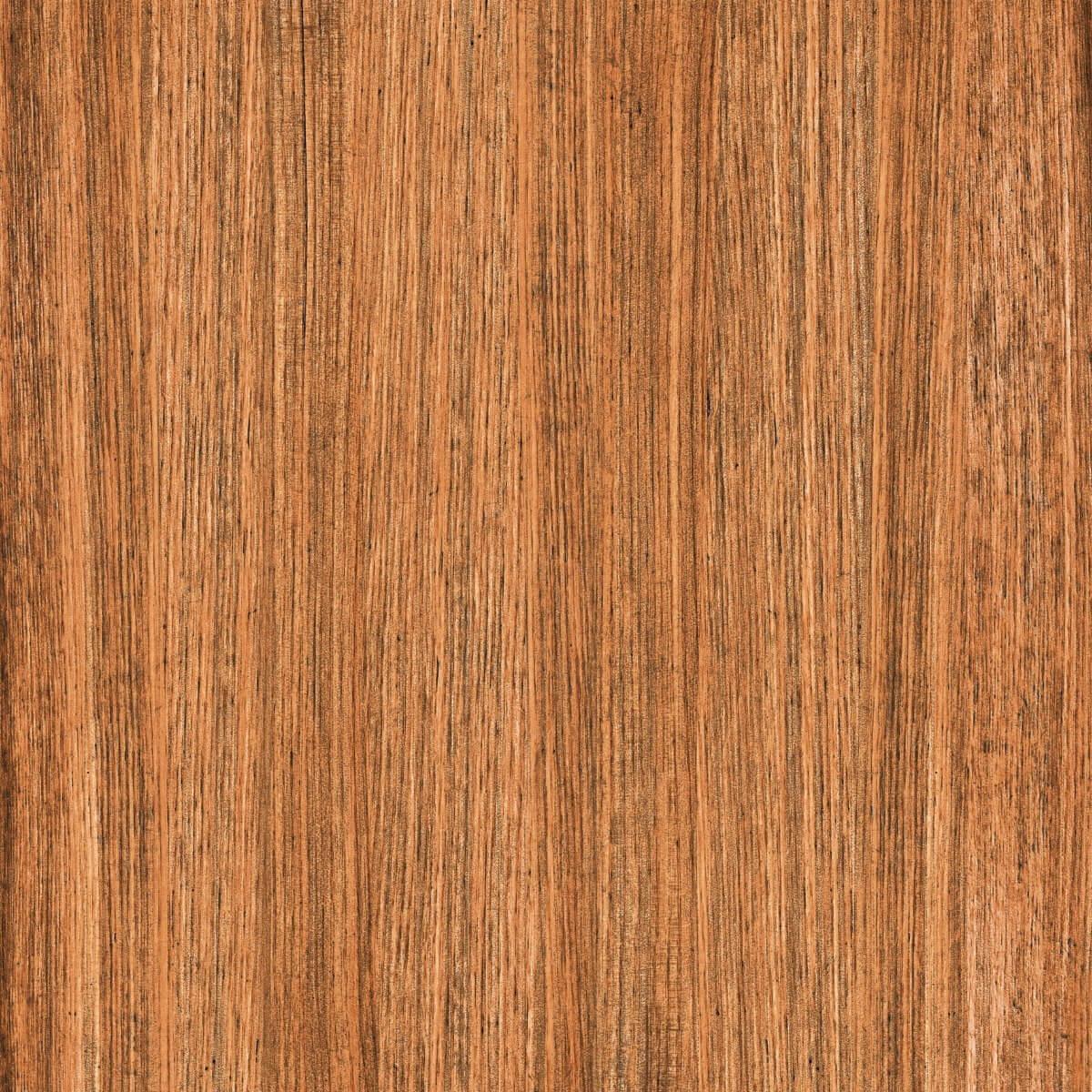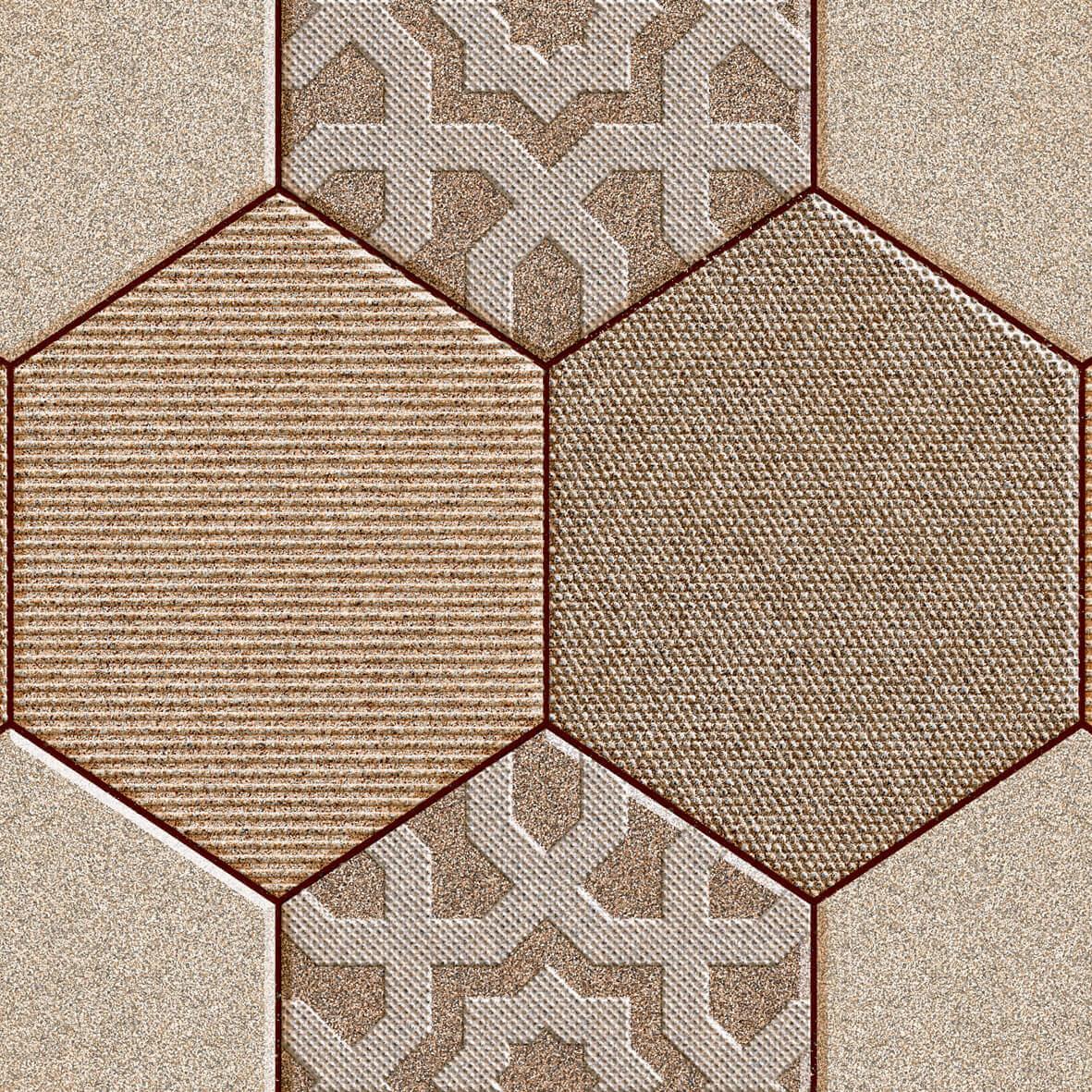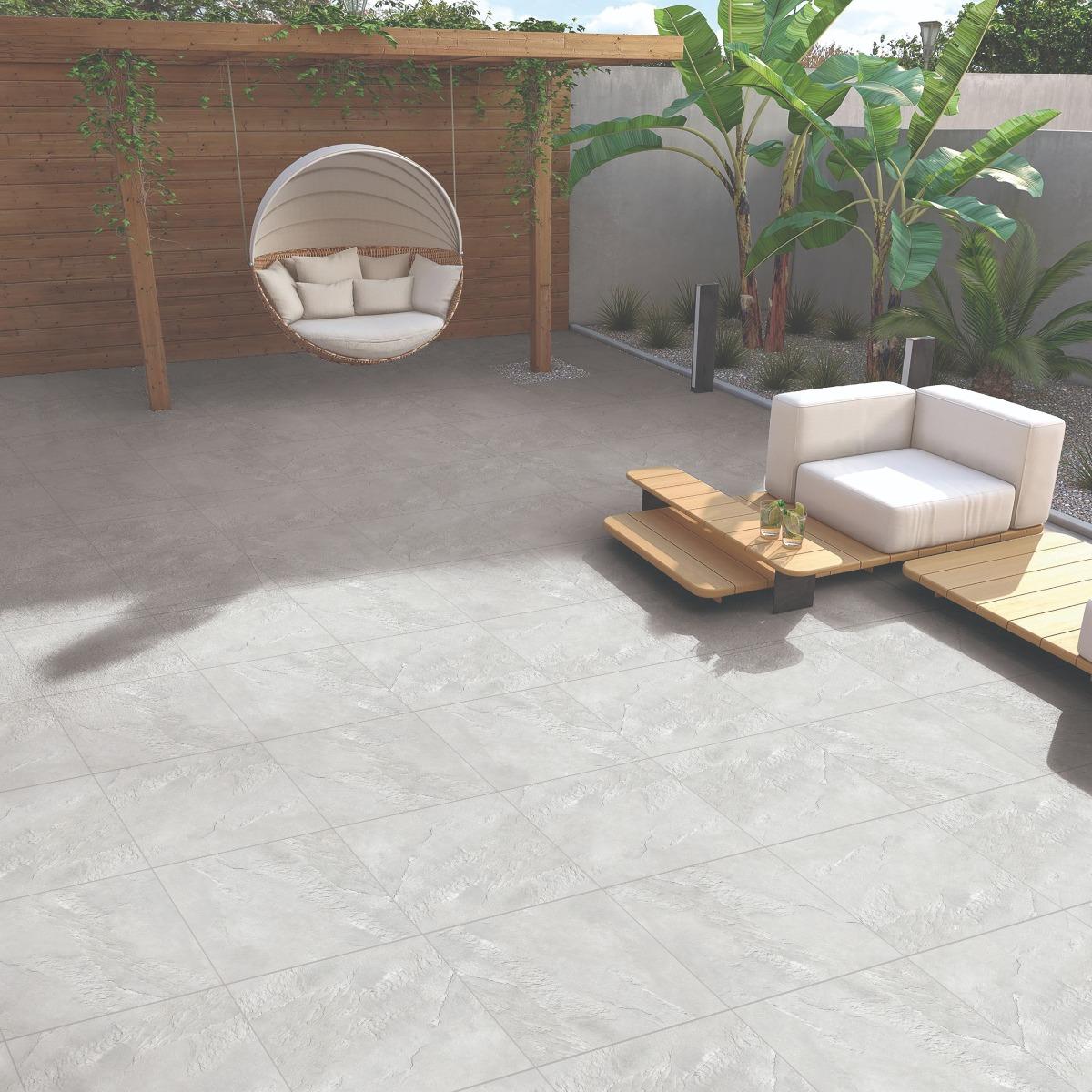18 Oct 2022 | Updated Date: 19 Nov 2024, Read Time : 4 Min
721
How To Stop Water Dampness & Seepage in Bedroom Walls
If you notice the dampness on the bedroom walls, it could be a red flag. Check out the cause and solution of this problem before embarking on costly repairs.

Dampness can be a huge problem, especially if it’s the monsoon season. Mould and other bacteria become prominent, which can impact the space negatively. For the same reason, the walls need to be solid enough to sustain the changing weather conditions of India. When your walls are not correct and infested with dampness, you might be putting yourself and your family at risk of health issues concerning breathing and asthma. To get to the root of it, how do you get rid of it? Let’s take a look:
Tip #1: Wipe The Bedroom Windows and Sills Every Day
Moisture is something that you cannot get rid of permanently. Therefore, the only way you can keep it at bay is by cleaning your bedroom on a daily basis. Make it a part of your routine to clean your bedroom windows and the sills every day, as they are most susceptible to getting damaged by dampness or moisture. Use a cleaning solution that is not too invasive and a soft cloth so as to not mess with the window panes. You can also use paper to clean the window to keep scratches at bay.
Tip #2: Check for Walls Cracks and Seal Them
Over time, your bedroom walls can develop cracks and gaps, typically starting from the wall adjacent to the bathroom or near the window. And these cracks allow moisture to get into the structure of your building, thus leading to dampness. Thus, before installing wall tiles or repainting the wall, it is advisable to fill these with crack-fill putty.
Also, apply waterproof coating on your external walls and roofs.
Once the dampness root cause is identified and fixed, you can use wall tiles as an accent wall and give your bedroom a fresh look.
Tip #3: Install Appropriate Tiles For Bedroom Floor
To start at the grass-root level, installing very strong and moisture-resistant flooring is of utmost importance. If the floor is slippery or highly porous, you are at risk of slipping and hurting yourself, and there is a higher chance of the tiles giving way earlier than usual. Orientbell Tiles offers you high-quality floor tiles for your bedroom in different finishes and materials, such as ceramic, glazed vitrified or full body, etc.
Depending on your requirement and how strong you want your flooring to be, you can choose the tiles accordingly. To have a look at the tile finish, design and pattern in person, you can visit any of our tile boutiques closest to you.
Tip #4: Control The Steam While Cooking
In most Indian households, it is impossible to contain the steam. However, if your bedroom is right next to the kitchen, the smoke will be a huge factor in dampening the space. Therefore, you will have to control the smoke to keep the dampness at bay. Something as simple as installing a chimney or an exhaust fan can syphon the steam away and keep your bedroom safe.
Tip #5: Keep The Room Well Ventilated
There’s a reason why cross ventilation is so important – the movement of wind in a room makes it look brighter and helps keep it dry, keeping the moisture away. Whenever possible, keep the windows open and allow for some cross ventilation to happen. This not only keeps your bedroom well aired but also adds a positive vibe to your bedroom.
Tip #6: Reduce Moisture in the Bathroom
Wipe down bathroom tiles and floor where condensation collects post-shower to avoid humidity from your bathroom.
If you happen to live in a master bedroom, then it is inevitable to experience moisture in some or the other way. Bathrooms are damp almost all the time, and hence, the excess water needs to be mopped away to avoid such situations. Use a strong surface cleaning liquid to keep the tiles clean and moisture-free. Every three months, get some deep cleaning done. Get an exhaust fan installed if you haven’t already – this ensures that the space remains dry as much as possible, and in a way, even your bedroom will remain free of any moisture.
Tip #7: Don’t Dry Clothes Inside
Putting your wet clothes to dry indoors can be a significant factor in your bedroom becoming more damp and moist than usual. While the clothes do dry eventually, the room will retain some of the moisture and create a weirdly damp environment for you to experience. Therefore, if you have a balcony or a passageway that is not so busy, you can shift your clothes drying in one of these places so that your bedroom is free of any moisture and avoidable dampness.
Also Read: Monsoon Wall Seepage Solutions: Preventing and Treating Water Leakage from the Walls
Your bedroom is as susceptible to moisture as your bathroom or other spaces in the house, but the dampness is manageable if you know how to go about it. The best way to go about it is by understanding where the dampness is coming from and addressing the issue. If your tiling is faulty, then get it fixed as soon as possible to keep it from aggravating. Contact one of Orientbell Tiles’s experts to help you with your queries regarding high-quality and durable bedroom flooring tiles.
 600×1200 mm
600×1200 mm 600×600 mm
600×600 mm 195×1200 mm
195×1200 mm 300×600 mm
300×600 mm 300×600 mm
300×600 mm 300×450 mm
300×450 mm 300×600 mm
300×600 mm 300×450 mm
300×450 mm 300×600 mm
300×600 mm 300×600 mm
300×600 mm 300×450 mm
300×450 mm 300×600 mm
300×600 mm 600×1200 mm
600×1200 mm 600×600 mm
600×600 mm 600×600 mm
600×600 mm 600×1200 mm
600×1200 mm 600×600 mm
600×600 mm 600×600 mm
600×600 mm 300×600 mm
300×600 mm 600×600 mm
600×600 mm 300×600 mm
300×600 mm 600×600 mm
600×600 mm 145×600 mm
145×600 mm 600×600 mm
600×600 mm 300×600 mm
300×600 mm 600×600 mm
600×600 mm 300×600 mm
300×600 mm


























